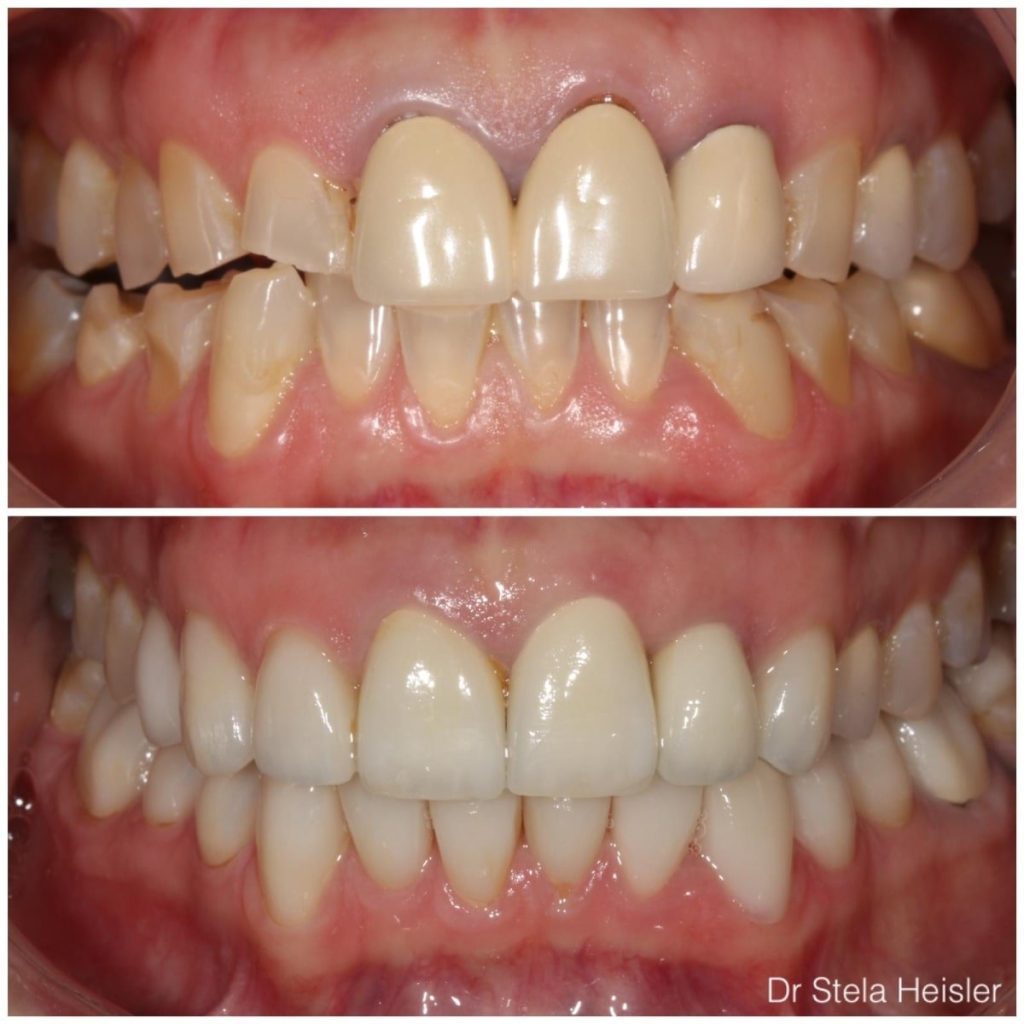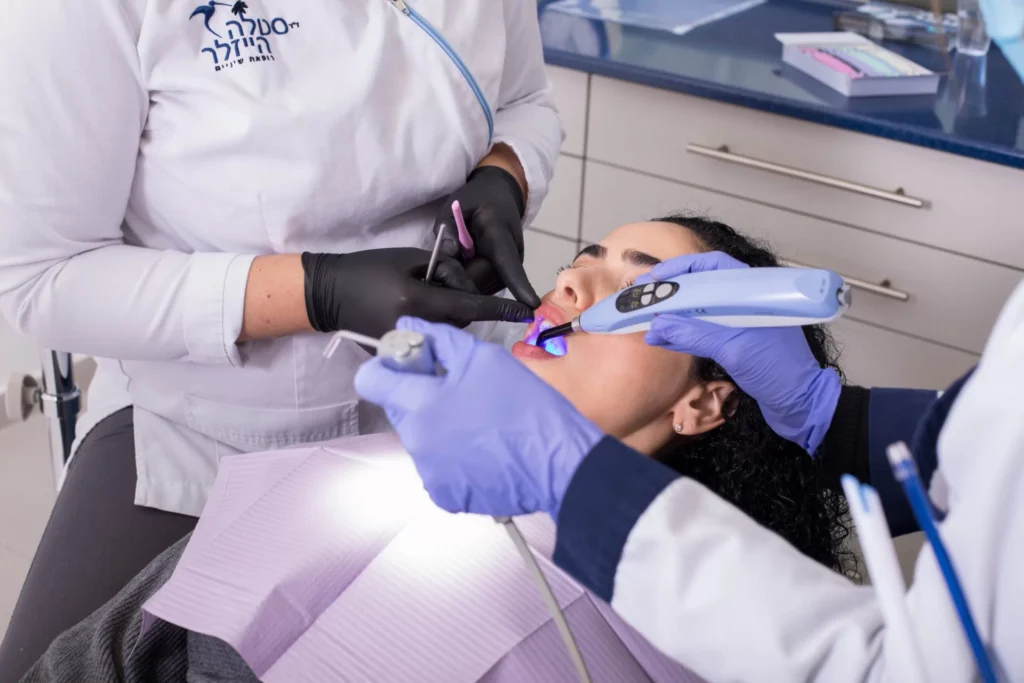Bruxism, commonly known as teeth grinding, is a condition where an individual unintentionally clenches, grinds, or gnashes their teeth, often during sleep. While it may seem like a benign habit, the repeated force and pressure can lead to serious dental complications. Gaining an understanding of bruxism is crucial, not just for dental health but also for overall well-being.
What is Bruxism?
Bruxism is categorized into two types:
- Sleep Bruxism: This is when teeth grinding occurs during sleep. It’s often a bigger concern because it’s harder to control and can disrupt sleep patterns.
- Awake Bruxism: This type happens when you’re awake, often due to emotions like anxiety, stress, anger, or even intense concentration.
It’s possible for individuals to experience both types at different times.
Causes of Bruxism
The exact cause of bruxism remains unclear. However, multiple factors can contribute:
- Stress and Anxiety: Chronic stress or moments of acute anxiety can lead to teeth grinding.
- Medication and Substances: Some antidepressants, psychiatric medications, or substances like caffeine and tobacco might trigger bruxism.
- Dental Issues: Misaligned teeth or abnormal bite can contribute to grinding.
- Parkinson’s Disease and Huntington’s Disease: Certain neurological diseases can cause involuntary muscle movements, including teeth grinding.
- Genetics: Some studies suggest that bruxism might run in families.

Symptoms of Bruxism
Regular dental check-ups are crucial as a dentist might spot signs of bruxism before a patient realizes they have it. Common symptoms include:
- Worn Down Teeth: The most noticeable sign is the wearing down of the tooth enamel, exposing deeper layers of the tooth.
- Tooth Sensitivity: As the protective enamel wears away, teeth can become more sensitive to temperatures.
- Jaw Pain or Tightness: The pressure from clenching can cause discomfort or pain in the jaw.
- Earache: The pain isn’t due to an ear problem but rather originates from the temporomandibular joint close to the ear.
- Disrupted Sleep: Grinding can disturb one’s sleep or the sleep of a partner.
- Headaches: Particularly morning headaches can be a sign of nighttime grinding.
Complications
If left untreated, bruxism can lead to:
- Damaged Teeth: Chronic grinding can result in fracturing, loosening, or loss of teeth.
- TMD/TMJ: Bruxism can cause or worsen temporomandibular joint disorders.
- Change in Appearance: Severe grinding can alter the appearance of one’s face due to changes in the teeth and jaw.
Treatment Options
There’s a range of treatments available for bruxism, depending on its severity and cause:
- Dental Approaches:
- Mouthguards and Splints: These devices, created by dentists, fit over the upper or lower teeth, protecting them from grinding.
- Dental Correction: In some cases, reshaping the chewing surfaces of teeth or using crowns can help alleviate grinding.
- Stress Management: Since stress is a common cause, techniques like counseling, exercise, or meditation can reduce bruxism.
- Behavioral Therapy: This involves learning how to position the mouth and tongue correctly to prevent grinding.
- Medications: In some instances, doctors might recommend medications. However, there isn’t a specific drug approved to treat bruxism. Muscle relaxants, Botox injections, or anxiety medications might be considered in certain cases.
Bruxism, while common, should not be overlooked. Early detection and appropriate intervention are vital to prevent dental complications and maintain a high quality of life. If you suspect you’re suffering from bruxism, consult with a dental or medical professional to determine the best course of action.




